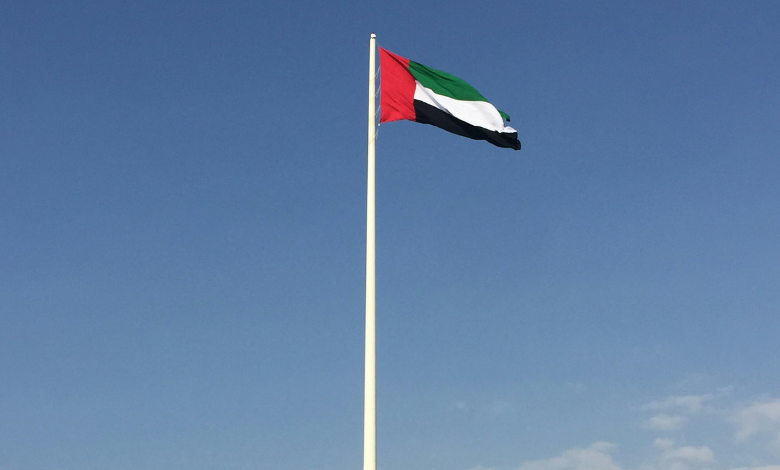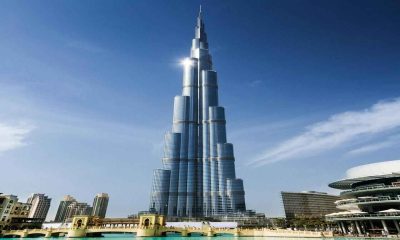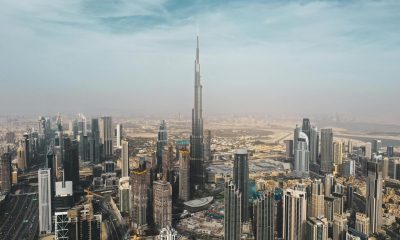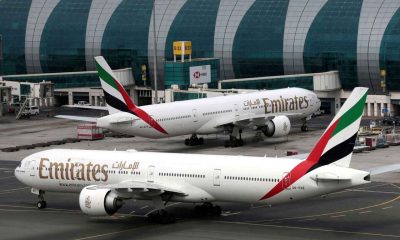The UAE has been deepening its focus on non-oil foreign trade. In order to set up government-to-government (G2G) relationships, it is using memoranda of understanding (MoUs), comprehensive economic partnership agreements (Cepas) and free trade agreements.
The Gulf state ranked as the third-largest foreign direct investment market globally in terms of project activity in 2023, climbing up from 4th position in the previous year, according to GlobalData. Only the US and Germany ranked higher than the Emirates.
The UAE attracted $23 billion of FDI in 1,277 projects involving numerous vital sectors such as business and professional services, financial services, and software and IT services. These have been possible majorly through the country’s investor-friendly policies.
UAE and France ink key MoU on AI
In recent days, the UAE and France signed a key Memorandum of Understanding (MoU) on artificial intelligence, in an effort to develop the AI ecosystems of both countries through a combination of investment programmes and collaborations.
Both nations seek a responsible development and deployment of AI. The partnership covers multiple areas of collaboration, including investment opportunities in the UAE, French and global AI ecosystem. The partners also have plans to explore an education initiative.
In addition, the agreement is expected to facilitate manufacturing and sourcing cooperation. The UAE and France are set to explore opportunities for the bilateral production and offtake of semiconductors, including essential chips for AI applications.
UAE and Mauritius sign MoU on energy, sanitation
A little earlier to the MoU signed with France, the UAE and Mauritius signed a notable MoU virtually in the presence of high-level officials from both sides to enhance cooperation in the fields of water, energy and sanitation.
The areas of cooperation under this agreement include energy, hydrogen and derivatives, liquefied natural gas, energy efficiency, water, water efficiency, desalination, application of digital technology, wastewater and sanitation.
Both sides have agreed to exchange information and experiences, especially on the latest technologies and good practices, drive joint research and development, carry out joint visits and meetings, promote project implementation and encourage investment.
UAE and Jordan ink MoU for maritime collaboration
Days before the MoU with Mauritius was inked, the UAE and Jordan signed an agreement to drive cooperation, capacity building and knowledge exchange and enhance mutual recognition of seafarers’ certificates of competence.
The MoU highlights both sides’ interest and exploring opportunities and partnerships in the maritime sector and promoting maritime education and training to advance socialeconomic and cultural development, as per media reports.
The UAE and Jordan share longstanding relations. The deal is set to play a crucial role in supporting mutual interests, such as the sharing of information, technologies and experiences. The Emirates believes the maritime sector is in need of effective partnerships.
UAE build its position as global trade and logistics hub
The UAE has a fully operational comprehensive economic partnership agreements (Cepas) programme. The Gulf state believes in strengthening international relations to build its position as a global trade and logistics hub. Signing the Cepas is key to this goal.
The UAE and a number of countries have already signed the elaborate agreements, including India, Indonesia, Israel, Turkey and Cambodia. These deals offer enhanced market access, rules-based competition, lower or eliminated tariffs and simpler customs procedures.
These Cepas significantly help the UAE in attracting foreign direct investment. But the country’s strategic location, focus on digitalisation and future-oriented industries also support this favourable trend, according to industry experts.






















